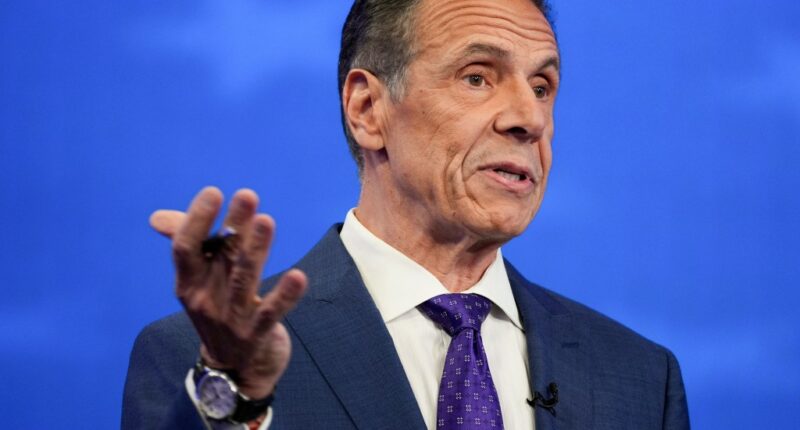Share this @internewscast.com

I’ve never managed to outperform Andrew Cuomo in a debate. When Bill de Blasio proposed increasing the minimum wage in New York City, Cuomo dismissed it as a self-serving move by a mayor more focused on politics than governance. He argued it would disrupt the economy if city wages surpassed those in nearby Nassau and Westchester. As a loyal team member, I found myself echoing his reasoning wherever I went. Cuomo had a knack for persuading others that dissenters were misguided.
His current campaign message for the mayoral race is anything but subtle. Cuomo’s portrayal of New York City lacks a clear vision. It’s devoid of philosophy, purpose, or any indication of future action. Instead, he preys on fear, painting Zohran Mamdani as a threat because of his youth, fresh ideas, and, regrettably, because he is a Muslim New Yorker.
This strategy is calculated. Despite favorable polls, Cuomo commands the least enthusiastic support among the candidates. More voters are eager to back Curtis Sliwa. Cuomo’s best chance lies in rallying those who distrust his opponent to reluctantly support him. His campaign offers no forward-looking promises, just a pessimistic warning against entrusting the future to others.
When de Blasio assumed the mayoral office, I was among the few Cuomo staffers familiar with both leaders, initially optimistic about the potential synergies. Both were intelligent, challenging figures, and I hoped their collaboration might tackle New York’s toughest challenges.
However, Cuomo’s immediate reaction was to undermine de Blasio. His criticisms were relentless: the universal pre-K initiative was deemed naive, and the tax proposal was branded a catastrophe. Often, I wished I had challenged these views, but I went along, believing de Blasio was incapable of managing New York City alone. Cuomo needed to maintain control.
Ultimately, it wasn’t the policies that harmed New York, but the relentless conflict. Collaboration between agencies broke down. We approached the city as a rival. It was foolish and erroneous, yet we all adopted Cuomo’s perspective.
The best description of this gift comes from Walter Isaacson, who wrote about Steve Jobs’ “reality distortion field” — the power to make others believe the impossible through sheer force of will. Cuomo had it. For more than two terms, it worked. He wielded power with more effect and less opposition than anyone since Robert Moses. His imprint is everywhere: tunnels, bridges, train stations, airports.
But that same need to control has brought him here: stuck in a race he’s unlikely to win, for a job he never really wanted. And that’s because Cuomo can see everyone’s faults but his own. He doesn’t show humility. He rarely apologizes. And if you never admit mistakes, you never learn from them. You never evolve.
Ambition can move mountains, but it can also alienate you from the world you’re trying to shape. Cuomo’s ambition has left him unable, or unwilling, to speak to what New Yorkers actually need. He has no plan to push back on authoritarianism from Washington or make life affordable in the nation’s most expensive city.
For every diatribe launched against Mamdani or maneuver made to push Sliwa out of the race, there’s a gaping absence of solutions for New Yorkers. No ideas for lowering youth unemployment, fixing transit, or standing up to Donald Trump. His argument has narrowed to a single line: I’m the only choice you have.
That’s why his campaign feels like it’s from another era. He’s running the only playbook he knows: raise big money, blanket the airwaves, hammer his opponents. His argument isn’t about what he’ll do for voters. It’s about why they should fear the person standing in the way of his return to power.
I can’t pretend I didn’t learn from Cuomo. I did. When faced with a hard political problem, I still hear the counterargument he’d make, the one that would beat me. For years he used that gift for persuasion to do real good: marriage equality, gun safety, college education in prisons.
But now he’s using it to make New Yorkers scared of one another. As disappointing as that is to see from a leader I once admired, I don’t need to believe he’s evil to vote for someone else. That’s the kind of argument Andrew Cuomo would make.
Wing runs the political marketing firm Wingspan and previously served as Gov. Andrew Cuomo’s press secretary.

















